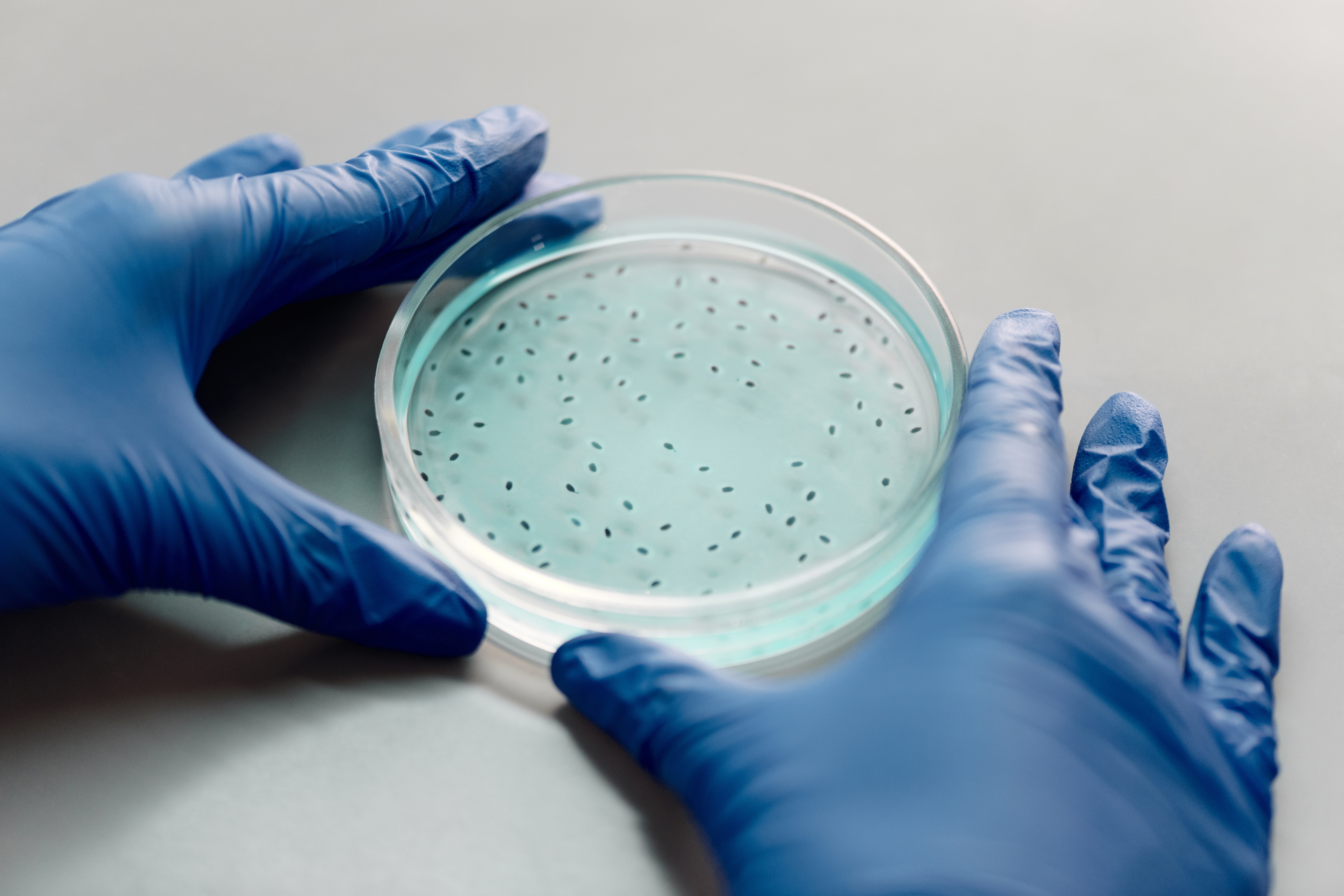Addressing the effects of animal agriculture on antimicrobial resistance – is the first topic the delegates of the World Health Organization (WHO) decided to discuss in their committee. The increase in demand and consumption of animal products has led to a surge in the occurrence and severity of different zoonoses. Zoonoses are infectious diseases caused by a virus or bacterium that jumped from an animal to a human. The emergence of the Covid-19 pandemic would be an example of this type of disease. It most likely originated due to the consumption of bats or pangolins. The delegation of South Africa was quick to point out that the question had always been when and not if the next big zoonoses-related pandemic would hit. Therefore, they described the outbreak as a “human failing that we predict but are not prepared for this pandemic”. This statement hit hard, as every nation present in the WHO today is still struggling and dealing with the toll the pandemic has taken on their citizens lives. Various measures against the spread of zoonotic diseases were presented in the committee. Egypt pressed for more coordinated awareness campaigns, while Brazil put emphasis on the collection and sharing of data on antimicrobial resistance and the investment in new technologies. It was no surprise that solutions centering around sustainable animal farming were presented by India. As 70% of their population depend on livestock and agriculture for their livelihoods. After an apology by France for their delay due to the Parisian traffic, they highlighted the introduction of a novel meat tax. The delegation demonstrated how such a tax would reduce the demand for meat and livestock production. This would in turn not only have positive consequences on the spread of zoonoses but also climate change. Various coalitions and working papers started forming.
Picture: Edward Jenner, Pexels


Be First to Comment